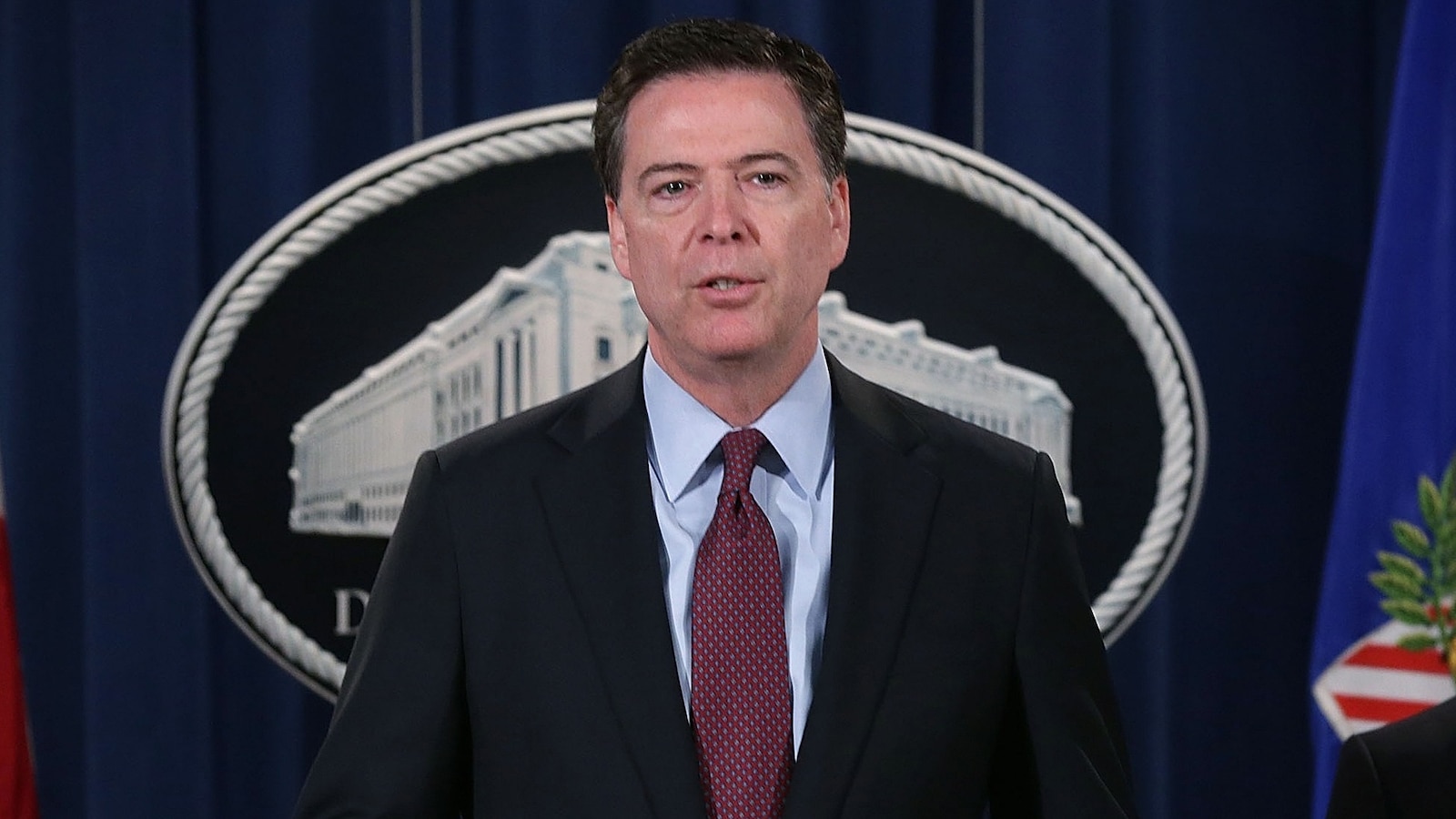Key Witness Testimony Undermines Prosecution’s Case Against James Comey
Key Witness Testimony Undermines Prosecution’s Case Against James Comey

Federal prosecutors are reportedly facing significant hurdles in their case against former FBI Director James Comey, who was indicted last month on charges of making false statements to Congress and obstruction. Sources familiar with the internal findings indicate that a central witness has provided testimony that could prove “problematic” and hinder the prosecution’s ability to secure a conviction.
Comey, who pleaded not guilty at his arraignment this past Wednesday, faces charges stemming from his 2020 testimony before the Senate Judiciary Committee. However, Justice Department officials have privately expressed concerns that the case may quickly unravel under judicial scrutiny.
The core of the issue revolves around Daniel Richman, a law professor whom prosecutors alleged Comey authorized to leak information to the press. Richman has reportedly told investigators that Comey explicitly instructed him not to engage with the media on at least two occasions and unequivocally denied ever being authorized by Comey to provide anonymous information to a reporter ahead of the 2016 election.
Investigators, after a two-month review of Comey’s 2020 testimony, concluded in a memo last month that using Richman’s testimony to prove Comey knowingly provided false statements would lead to “likely insurmountable problems” for the prosecution. Despite these internal recommendations against charging, Lindsey Halligan, the U.S. attorney for the Eastern District of Virginia, proceeded to present the case to a grand jury, securing an indictment on two out of three counts.
Concerns were echoed by Halligan’s deputy, Maggie Cleary, who reportedly described Richman as a hostile witness and warned against relying on his testimony. Prosecutors have also raised alarms about the department’s capacity to bring the case to trial swiftly and potential statute of limitations arguments, as the underlying issues trace back to 2017 testimony.
Comey maintains his innocence, denying wrongdoing and asserting that he is being politically targeted. His indictment followed “just days” after former President Trump’s public demands for his Justice Department to pursue cases against Comey and others.
Disclaimer: This content is aggregated from public sources online. Please verify information independently. If you believe your rights have been infringed, contact us for removal.